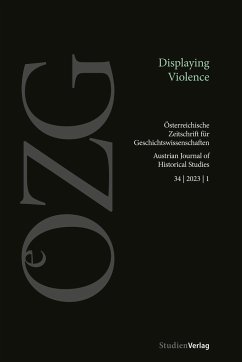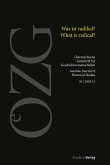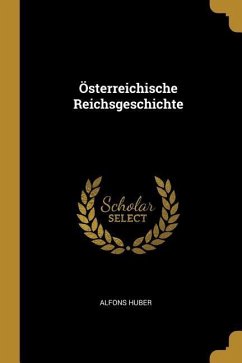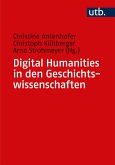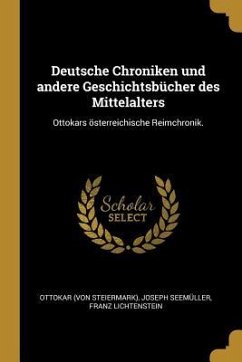This issue brings together analyses of power relations faced by museums around the world that exhibit histories of conflict or violence. It traces recent transformations in the way museums deal with the representation of violence: whether they reflect on the standpoint of victims and integrate their voices; whether they remain inclusive of marginalized communities; whether they address long-silenced legacies of violence; or whether they respond to ethical challenges associated with the display of images, objects and the curation of human remains. Examinations of culturally and geographically diverse curatorial practices highlight how museums challenge or perpetuate violence and hegemonic structures of power and marginalization, how they present a multiplicity of voices or homogenized narratives, and how they engage visitors with reflexive meta-questions. The understanding of violence in this issue is not limited to atrocities or physical harm but also raises questions about the violence of museum displays and the structural violence of the museum institution itself, past and present. By focusing on questions of colonial violence and its museological representation, many of the contributions highlight the centrality of this issue to current public debates and discussions on the identity of the institution. In their choice of cases, the papers also expand the notion of museum space to include not only sites of historical atrocities and off-site museums but also botanical gardens and public spaces.
Bitte wählen Sie Ihr Anliegen aus.
Rechnungen
Retourenschein anfordern
Bestellstatus
Storno

